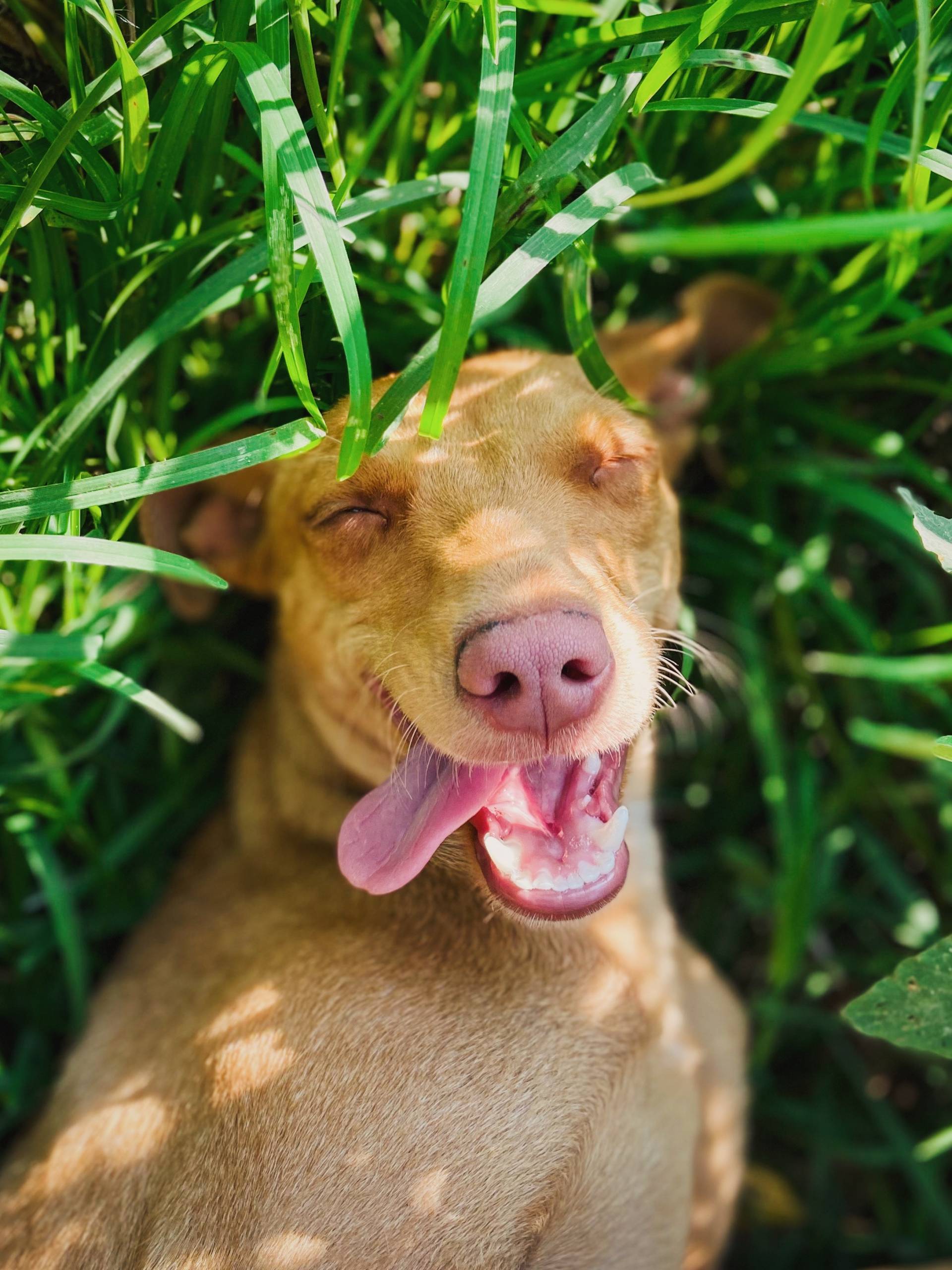Why Do Dogs Eat Their Puppies?
Post Date:
December 10, 2024
(Date Last Modified: December 10, 2024)
The bond between a mother dog and her puppies is often viewed as one of the most nurturing relationships in the animal kingdom. Mother dogs typically exhibit affectionate behaviors, grooming and caring for their young. However, witnessing a mother dog eating her own puppies can be shocking and distressing. This behavior raises many questions and concerns among dog owners and animal lovers alike. Understanding the reasons behind this instinctive action is crucial to addressing it effectively and ensuring the well-being of all dogs involved.
Instinctual Survival Tactics
Dogs are driven by instincts that have evolved over thousands of years. In the wild, a mother dog must make difficult decisions to ensure the survival of herself and her remaining offspring. If a puppy is weak, sick, or unable to thrive, the mother may instinctively eat that puppy to conserve resources. While this behavior can seem cruel from a human perspective, it is a natural survival tactic. In some cases, a mother dog may sense that a puppy will not survive and chooses to focus her energy on healthier siblings, thereby increasing their chances of survival.
The Role of Stress
Stress can significantly impact a mother dog’s behavior. The birthing process can be traumatic, and if the environment is not safe or calm, anxiety may arise. Factors such as loud noises, unfamiliar surroundings, or the presence of other animals can all contribute to heightened stress levels. In these situations, the mother might feel compelled to eliminate any perceived threats, even if that means harming her own young.
Health Considerations
Health issues can also influence this behavior. If a mother dog is suffering from malnutrition, illness, or other medical problems, her ability to care for her puppies may be compromised. A mother in poor health may lack the energy to nurse her puppies adequately, leading her to make the decision to consume a puppy, particularly if it is weak or sick. Regular veterinary check-ups during and after pregnancy are essential to ensure the mother dog remains healthy and capable of caring for her litter.
Knowledge and Experience
In some cases, a mother dog may lack the knowledge or instinct to care for her puppies properly. This is often seen in first-time mothers who may not fully understand what is required to raise their young. Education and intervention can play a crucial role here. If an owner suspects that a mother dog is displaying harmful behaviors, seeking advice from a veterinarian or a professional dog trainer can be beneficial.
The Importance of Socialization
Proper socialization and support are vital for a mother dog’s well-being. A well-socialized dog is more likely to handle the challenges of motherhood effectively. If a dog has not been exposed to various experiences, people, and other animals, she may react poorly to the stress of motherhood. Providing a calm and supportive environment can significantly influence how a mother dog behaves towards her puppies. This includes ensuring she has a quiet, safe space to give birth and raise her young, away from potential stressors.
Bonding and Separation
When a mother dog is separated from her puppies too early, confusion and distress can arise. The bonding period between a mother dog and her puppies is essential. If puppies are removed from their mother prematurely, it can disrupt natural maternal instincts. This disruption may lead to behaviors such as eating the puppies out of anxiety or confusion over their absence. Allowing the mother and her puppies to bond properly is crucial before making any decisions about their separation.
Creating a Supportive Environment
Pet owners can take steps to minimize the likelihood of a mother dog eating her puppies. Providing a safe and comfortable environment for the mother to give birth and care for her young is critical. This involves creating a quiet space away from disturbances, ensuring a comfortable temperature, and providing plenty of fresh water and nutritious food. A well-fed mother is more likely to care for her puppies without resorting to harmful behaviors.
Monitoring the mother dog closely during the early days of motherhood is also essential. Observing her interactions with her puppies can provide valuable insights into her behavior. If any signs of distress or aggression are noticed, intervention may be necessary. Consulting a veterinarian or a dog behaviorist can help address any concerns and offer tailored advice on managing the situation.
Moreover, offering support to the mother dog can be incredibly beneficial. Providing gentle reassurance, allowing her to bond with her puppies without interruptions, and ensuring she has access to necessary resources can help create a positive environment. Positive reinforcement can encourage desired behaviors, rewarding a mother dog for calm and nurturing actions can reinforce her instinct to protect and care for her puppies.
The Value of Education
Understanding canine behavior is vital for dog owners, especially those with pregnant or nursing dogs. The more one understands about dog instincts, maternal care, and puppy development, the better equipped they will be to handle any issues that arise. Engaging with resources such as books, reputable websites, or local training classes can provide valuable information on caring for both mother and puppies.
If a dog owner finds themselves in the unfortunate situation where a mother dog has eaten her puppies, it is essential to remain calm and seek professional help. A veterinarian can assess the situation, check the health of the mother dog, and provide guidance on how to proceed. Recognizing that this behavior, while distressing, is often rooted in instinct can help pet owners cope with the situation.
Fostering a Nurturing Environment
Preventing a mother dog from eating her puppies requires a multifaceted approach. Creating a nurturing environment, providing proper nutrition, and ensuring the mother is stress-free are all crucial elements. Ongoing support can empower dog owners to handle the complexities of canine motherhood with confidence and compassion.
Addressing this sensitive issue with empathy is vital. While it can be heartbreaking to witness such behavior, understanding the underlying reasons can lead to better outcomes for both the mother dog and her puppies. Raising awareness about these instincts can help dog owners make informed decisions and provide the best possible care for their dogs.
The ultimate goal is to foster a nurturing environment where both mother dogs and their puppies can thrive. By understanding the reasons behind the actions of a mother dog, steps can be taken to support her and ensure the health and well-being of her entire litter. Patience, knowledge, and empathy are essential components of this journey, leading to the rewarding experience of watching a healthy mother and her puppies flourish.






